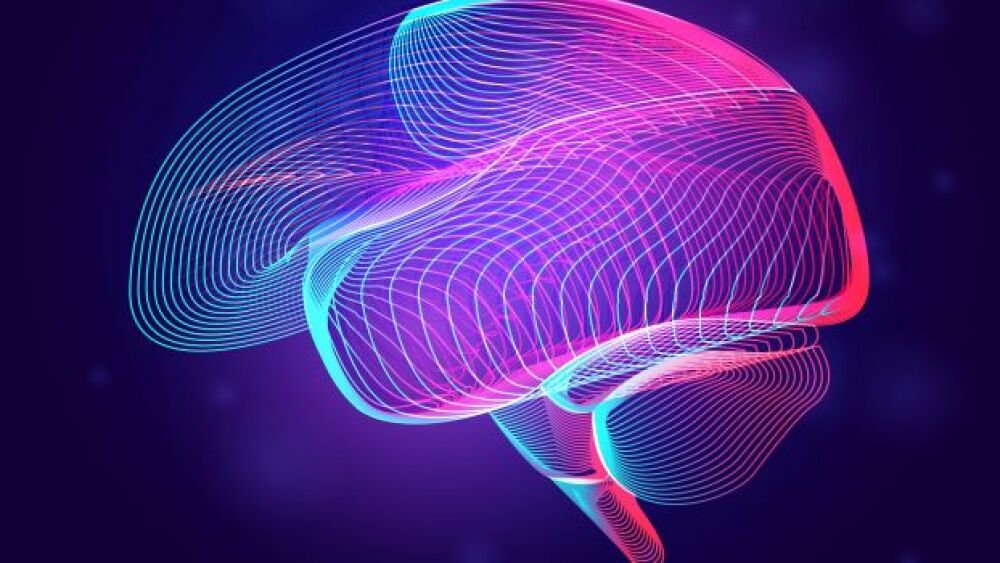The deal will see Ipsen and Exicure collaborating to research, develop, and commercialize Spherical Nucleic Acids to treat AS and HD.
Ipsen, the global biopharmaceutical firm that specializes in neuroscience, oncology, and rare diseases, has partnered with Exicure, the clinical-stage biotech company that develops treatments for neurological, inflammatory, and genetic disorders, to create new therapies for Angelman syndrome (AS) and Huntington’s disease (HD).
The deal will see both firms collaborating to research, develop, and commercialize Spherical Nucleic Acids (SNAs) to treat the aforementioned illnesses. Ipsen is expected to pay Exicure $20 million in cash upfront for the exclusive option to license SNA-based treatments arising from the partnership, while Exicure will be responsible for the discovery and certain pre-clinical development efforts.
If Ipsen does exercise its option to license, it will be looked after for further development and commercialization. Aside from the $20 million upfront, Exicure is eligible to receive as much as $1 billion in option exercise fees and milestone payments.
Exicure develops treatments based on its proprietary SNA technology, which is at the core of this agreement. The company believes that this component’s architecture may have advantages over using nucleic acid therapeutics and can target diseases that the latter cannot. At present, Exicure is in the pre-clinical development stage of XCUR-FXN, which is an SNA-based lipid-nanoparticle that can potentially treat Friedreich’s ataxia and advanced solid tumors.
Its studies have shown that SNAs can enhance cell penetration, biodistribution, and organ persistence properties of oligonucleotides, which help modulate gene expression. This means that it could have the ability to improve the delivery of drug treatments to tissues that were previously inaccessible, including those located deep into the brain.
Both Angelman syndrome and Huntington’s disease are severe neurodevelopment and neurodegenerative disorders that do not have approved targeted therapies to this day. HD affects around 40,000 people in the United States alone and is the most common monogenic neurological disorder in the developed world. AS is estimated to be in one out of 12,000 to 20,000 people in the general population.
“We are pleased to partner with Exicure to progress development of investigational treatment options for Huntington’s disease and Angelman syndrome, two areas of significant unmet need. This collaboration marks an important step in maximizing the potential of this novel technology, bringing together the expertise of Exicure and the robust heritage of Ipsen in neuroscience. With this new collaboration we will deepen our commitment to people living with neurological conditions around the world,” said Philippe Lopes-Fernandes, chief business officer at Ipsen, in a statement.
Ipsen sells medicines to over 115 countries and has a direct commercial presence in more than 30 countries. Having access to Exicure’s breakthrough SNA technology shows promise the development and wider distribution of treatments to more patients who need it worldwide.
Featured Jobs on BioSpace





